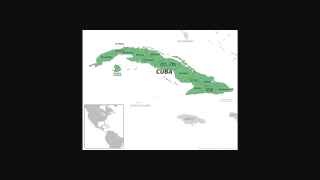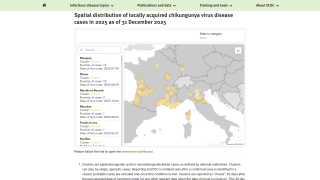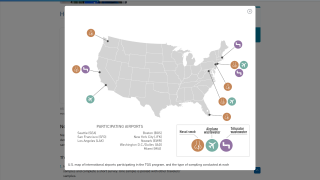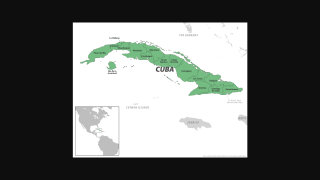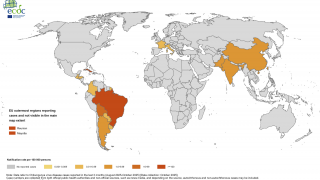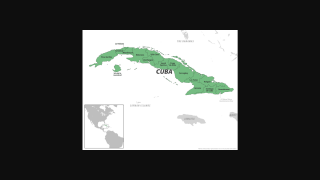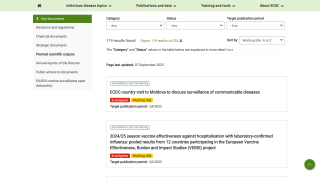Mosquitoes Can Carry Three Alphaviruses Simultaneously
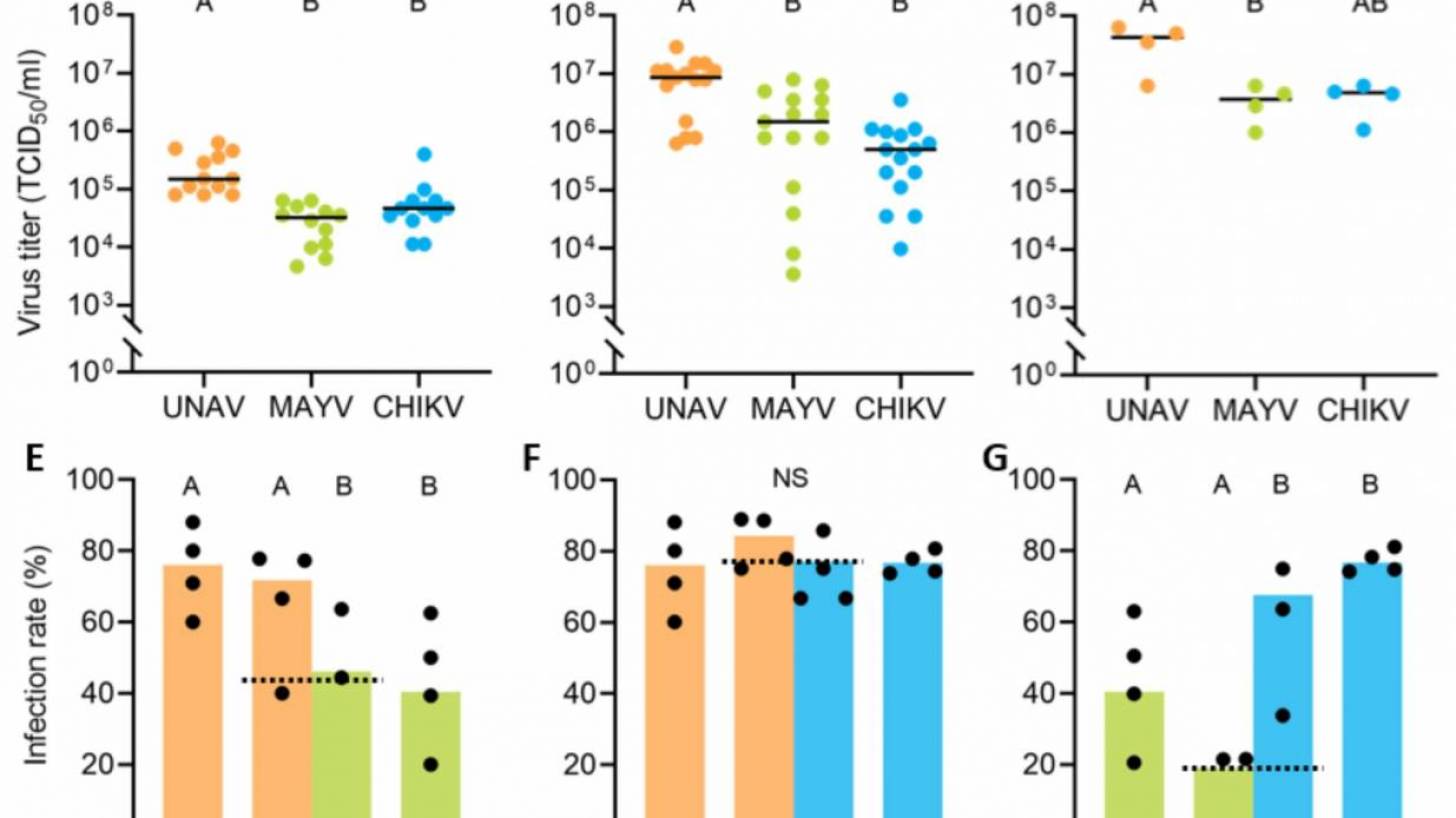
There is increasing evidence people have been co-infected with various combinations of mosquito-transmitted diseases. When this occurs, diagnosing which disease is causing impacting a person becomes challenging.
For example, during 2024 and early 2025, outbreaks of chikungunya, dengue, and Zika viruses were reported in multiple countries in the Region of the Americas, such as Brazil.
A new study (Volume 20, June 2025, 100991) posted on February 10, 2025, shows that Aedes aegypti mosquitoes can carry three alphaviruses simultaneously.
These researchers wrote, 'While observations of multiple infections in the same patient indicate Ae. aegypti may be exposed to two viruses simultaneously; it is unclear if such infections result from a single bite from a coinfected mosquito or the result of sequential bites of single-infected mosquitoes.
This study aimed to determine if Ae. aegypti can concurrently transmit chikungunya (CHIKV), Mayaro, and Una viruses. It will also explore if coinfections with these alphaviruses affect the transmission of each virus.
Our results, contrary to our hypothesis, show that coinfection with two viruses does not influence the transmission potential of Ae. aegypti for either virus.
The viral load, however, is decreased in mosquitoes with triple infections compared to the other treatments.
In addition, we show that Ae. aegypti can transmit two alphaviruses simultaneously, having detected a UNAV- and MAYV-positive saliva sample and a UNAV- and CHIKV-positive saliva sample containing an infectious virus.
In conclusion, understanding how coinfections affect the biology and transmission of arboviruses is essential for assessing public health risks. Beyond the risk of arboviruses spilling from wildlife to humans, there is the often-overlooked risk of spillback (or reverse zoonosis), where viruses move from humans to wildlife, potentially establishing permanent sylvatic reservoirs. This is seen with the yellow fever virus, which after being introduced to the Americas alongside Ae. aegypti, transitioned from urban outbreaks to a sylvatic cycle involving non-human primates.
This study's findings further illustrate that emerging Ae. aegypti-vectored arboviruses in the Americas are a public health concern and a broader One Health challenge.
Of these diseases, an approved chikungunya vaccine (IXCHIQ®) has been approved since 2023 and is generally available at travel clinics and pharmacies in Europe, the U.K., and the United States in 2025.
Our Trust Standards: Medical Advisory Committee

